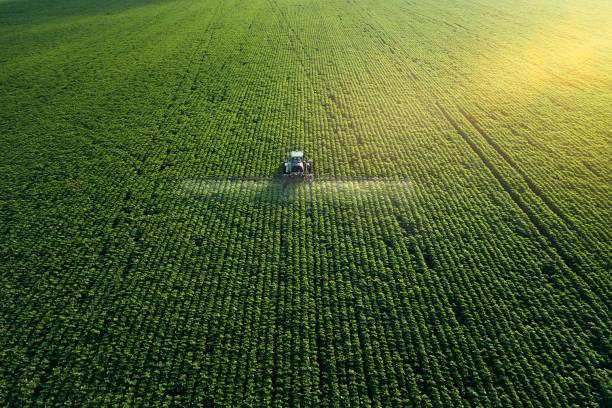The Biopesticides Market continues to expand as environmental and social factors converge to strengthen demand for biologically driven crop inputs. With rising concerns about groundwater contamination and residual toxicity linked to conventional pesticides, policymakers and consumers alike are intensifying calls for safer solutions.
One significant factor driving growth is the increasing preference for environment-friendly pesticides. These alternatives not only minimize ecological disruption but also address issues such as pest resistance and soil degradation, two challenges that have long plagued farmers dependent on synthetic products. By leveraging naturally occurring organisms and compounds, biopesticides ensure effective control while reducing unintended harm.
Industry leaders are working to enhance the adoption curve through digital farming platforms, precision agriculture, and layered distribution models that extend access to small and medium-scale farmers. The adoption of such inputs ensures the resilience of food production systems in the face of climate variability and global population growth.
As the demand for residue-free food becomes a mainstream consumer requirement, the biopesticide sector is positioned to move from supplementary to essential. Its progress not only ensures healthier produce but also contributes to an agricultural framework that is ecologically balanced and future-ready.





